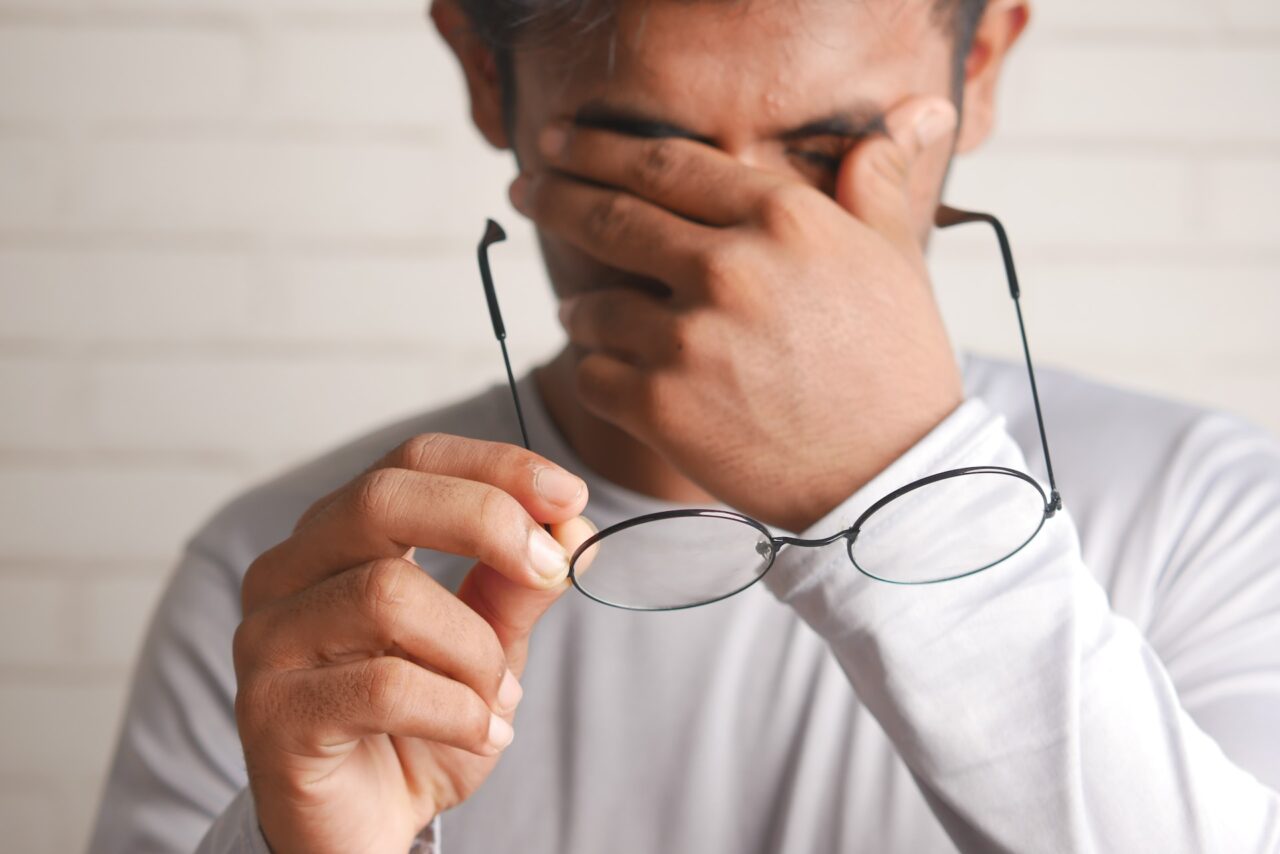A recent survey performed online revealed that most people know little about their eye health. And what’s worse, what they don’t know puts them at high risk of blindness.1
The effects of aging are not limited to gray hair, creaky knees, and wrinkles. There are many conditions that may affect your vision, such as glaucoma, cataracts, keratoconus, and age-related macular degeneration. Fortunately, there are preventative measures and habits that you can practice today to keep vision problems at bay as the years pass.
Here is a list of six good eye care practices that can help protect your vision for the many years to come.
1. Eat healthy
Your eyes have a unique set of nutritional requirements in order for them to function properly. Here are some of them:
- Vitamin A – This is a vital component of the protein rhodopsin, which allows you to clearly see in low-light conditions. It is found in common foods like leafy vegetables, eggs, cantaloupes, and orange vegetables. A deficiency in this vitamin can lead to night blindness.2
- Vitamin C – This is a powerful antioxidant that protects your eyes from oxidative damage. It is found in citrus fruits, broccoli, strawberries, Brussel sprouts, and potatoes. A study revealed that consuming Vitamin C can reduce the risk of cataract progression.3
- Vitamin E – This is a potent antioxidant that helps protect your eye cells from damage caused by free radicals. A seven-year, age-related eye diseases study showed that taking vitamin E and other nutrients helps delay age-related macular degeneration progression.4 Foods rich in vitamin E include avocado, almonds, sunflower seeds, mango, kiwi, and peanuts.
- Omega-3 fatty acids – These are a type of polyunsaturated fat that helps form your eyes’ cells. They also have anti-inflammatory properties that prevent diabetic retinopathy. Moreover, omega-3s benefit people suffering from dry eye disease.5 Omega-3s are found in fish, soy, nuts, flaxseed, and cooking oils like olive and canola oil.
An inadequate intake of unsaturated fats and antioxidants will trigger free-radical reactions that will harm the macula. On the other hand, high-fat diets can cause deposits that may constrict the blood flow in the arteries, which is highly detrimental given the small size of the blood vessels in the eyes.
2. Get regular eye exams
Even if you think you are a healthy adult with no vision problems, make it a habit to have your eyes examined by an eye doctor on a regular basis. Regular eye exams help detect early signs of retinal damage and glaucoma.
Eye exams may include:
- Tonometry – This is a test measuring the intraocular pressure when screening for glaucoma.
- Keratometry – This test measures the curve and shape of your cornea, which affects how your eyes reflect and perceive light. It is used mainly for detecting astigmatism.
- Refraction test – This test helps determine if you need prescription vision correction. It also examines if your eyes are farsighted, nearsighted, or affected by astigmatism.
- Ophthalmoscopy – This test involves examining the optic disc, retina, and blood vessels using a device called an ophthalmoscope.
Depending on the initial results of your eye exam and risk factors, your doctor can recommend the proper screening intervals to help keep your vision healthy.
Important Note: Regular eye exams are not just vital for detecting eye illnesses. They also spot other health conditions like high cholesterol, high blood pressure, and vitamin deficiencies before symptoms arise.
3. Wear eye protection devices
Sunlight and blue light can damage your eyes. Make sure to wear the following protective devices whenever you go outdoors or use digital devices for long hours:
- Sunglasses – Choose sunglasses that can block 99-100% of UV-A and UV-B rays to protect your eyes. Consider wearing them with a hat with a brim to further reduce the amount of UV radiation that may slip around the side of your sunglasses.
- Computer glasses – Digital devices like computers, smartphones, and tablets emit blue light that can cause eye strain, dry eyes, and irritated eyes. So if you are exposed to digital screens for prolonged hours at home or work, wearing glasses with a blue light filter is a must.
4. Don’t smoke
Smoking triggers changes in your eyes that may lead to blindness. Smokers are more likely to get cataracts and age-related macular disease compared to non-smokers.6
So if you are into tobacco, now is the best time to quit. Start with nicotine replacement therapy, get moving, avoid alcohol and other triggers, and lean on your loved ones for support.
5. Get enough sleep
Lack of sleep harms your eye health. It triggers changes in your retina, vision, and eyelids, increasing your risk for glaucoma.7
Each night, give your eyes the chance to heal by getting your recommended hours of sleep. For adults, you need to sleep at least seven hours every night.
6. Stay active
Having an active lifestyle will benefit your whole body, including your eyes. Studies have shown that individuals exercising regularly are less likely to develop age-related macular degeneration and glaucoma than those who are largely inactive.8
The great news about staying active is that you do not have to be a marathon runner to enjoy its benefits. Dancing, climbing the stairs, and taking a brisk walk are among the best ways to get a workout that will keep your eyes healthy.
It is true that aging can affect your eyes, but experiencing a loss of vision is not the norm. Preventative care is your best defense in keeping your eyes healthy as you age. Start practicing these six habits and help preserve clear vision for as long as possible.
Book an appointment with the best ophthalmologist in Dubai today.




